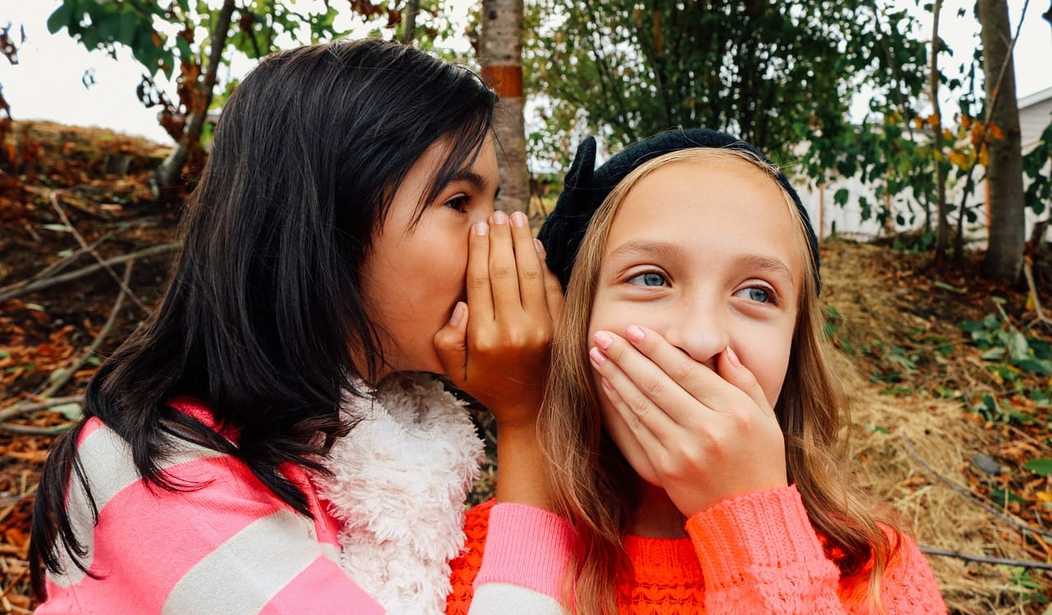Many of us can look back at childhood fondly and name our best friend at the time. Mine is a guy who, last I saw, was traveling as a clown with Cirque du Soleil of all things. Childhood best friends are an awesome thing, but it seems some are determined to make them a thing of the past.
Jane Moore, a parent whose child attends the school, explained the idea on a recent episode of the British talk show “Loose Women.” “There’s a policy,” she said, “that if your child is having a party — unless every child is invited — you don’t give out the invites in class.”
The trend of banning best friends has been growing for several years, and it’s spread beyond European borders to American schools as well. Some psychologists and parents argue kids become more well-adjusted when they have larger friend groups and can avoid negative feelings associated with feeling left out.
Critics, however, say the approach robs kids of the chance to form valuable coping skills. By grappling with mild social exclusion when they’re young, kids will emerge as more capable, resilient adults, these advocates argue.
People who support kids having larger friend groups in place of best friends tend to view these larger groups as healthier for nurturing a sense of belonging. “We try to talk to kids and work with them to get them to have big groups of friends and not be so possessive about friends,” Christine Laycob, director of counseling at Mary Institute in St. Louis, told the New York Times.
Best friends, with their tight bonds and inside jokes, throw a wrench into that open environment, school officials contend.
So, let’s see if I get this straight. If my elementary age daughter attended a school with this policy, and she wanted to have a party, she’d have to invite everyone? Does that also include the (hypothetical) kid who makes her life a living hell? I thought we were supposed to fight bullying, not give them more opportunities to make their targets miserable.
Frankly, count me in the critics’ corner on this one.
Granted, there will be plenty of opportunities for kids to learn to cope with exclusion, but so what? Being excluded is a part of life, and dealing with it is part of it as well.
However, bullying is a real problem and its where I see these well-intended (but ultimately misguided) programs going off the rails. You see, as a species, we tend to exclude those who are problems. It’s a coping mechanism that we developed during a time when someone not conforming to the tribal norms could result in the death of members of that tribe.
Today, it manifests negatively as kids excluding the class nerd from their fun. It manifests positively by allowing people to exclude bullying, mean, or gaslighting personalities among many other things. By instituting these inclusion policies, you may make the nerds feel included — though they’re not, and those nerds know they’re not included. Not really. But you also make it so the bullying victim must reach out and make his or her tormentor feel included as well.
Contrary to what some might think, this will not reduce bullying. It simply gives the bully more access to their target. Please, tell me how that is a good thing?









Join the conversation as a VIP Member